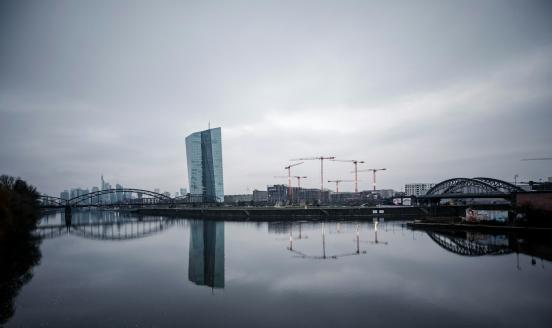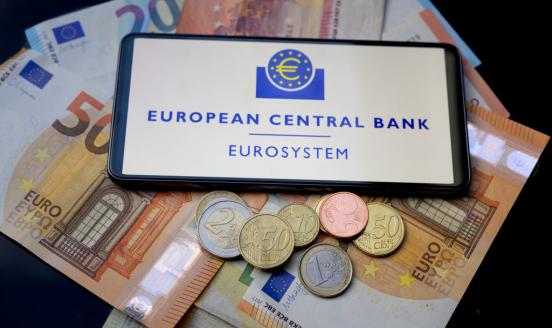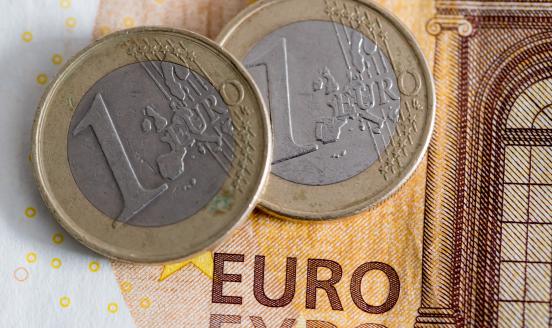There is no such thing as normality
Greece paid a high price for learning that it must reform and conform. The rest of the world will pay a much higher price for its unruly politics.
On 20 October, S&P Global Ratings raised the Greek economy’s credit rating back to investment grade. That was seen by many, in Greece and beyond, as a return to normality. But even if this marks a change to something, it is not a return to normality.
Was everything before 2008, the start of the financial crisis, normal and what has happened since simply an interlude?
Undoubtedly, the S&P decision will bring many benefits to the Greek economy. The government and companies will see further declines in their borrowing costs and a greater supply of investments. Greece is also now eligible for European Central Bank programmes and can therefore participate in euro-area monetary-policy programmes.
However, the Greek crisis cannot be said to be truly over. For Greece to be full investment grade, S&P will have to be followed by the other two main credit agencies, Fitch and Moody’s. And there is still the issue of a national government debt that sits at 170% of GDP, the highest in the EU. This is not a burden right now given the conditions of the programmes Greece is under. But the debt will need to be reduced.
Nevertheless, the S&P move is of great symbolic significance for a country that has lost more than a decade economically. It reflects the good progress that Greece has made in putting its finances in order since the summer of 2015, the last time that Greece had to resort to emergency borrowing. What a difference eight years can make. It is understandable that Greek and EU policymakers would want to rejoice at the S&P decision. But if this is a return to something, what is that something?
For sure it cannot be a return to the pre-2008 years when the reported deficit numbers did not reflect the extent of real borrowing. It also cannot return to a debt-based growth model that funded a fake prosperity. And it surely cannot go back to having a political elite that is completely out of touch with reality.
During that dreadful summer of 2015, when Greece carried out a national referendum on the terms and conditions of the EU program that it had to accept, not only did it threaten to cause the greatest self-harm ever imagined, it also threatened to damage irrevocably the European Union. Only when the Greek government u-turned at the last minute was it possible to resolve the mess it created in the first half of that year – but at the cost of another four lost years. Under very strict monitoring, after the end of that summer, Greece began to follow policies of fiscal restraint, to build buffers to restore its credibility, to implement difficult and lasting reforms and to bring order to governance. The pain this unruliness in Greek politics had caused would force the average person to look for politicians who do not rattle feathers but rather get on with it.
The end of the summer of 2015 was interesting for another reason. Since then, the crises that have arisen have put the Greek crisis into perspective. Not only was Greece no longer a problem. Given what the future would bring, it had never really been the biggest one.
The migration crisis would bring out uncomfortable truths about all Europeans. A year later, the United Kingdom went where the Greeks never dared to go. Brexit substituted Grexit, only this time for real. A few months after that, the US elects the most unlikely president. The ‘leader of the world’ has absolutely no understanding of basic decorum or indeed the weight of the institution he represents. The world economy looked deeply divided, driven by a leader who had no patience for diplomacy.
The pandemic followed, and now the EU has a war on its borders. No one knows what comes next, though there seems to be no end to indefensible politics.
In this context, there is no return to normality. Greece paid a very high price for learning that it must reform and conform. The rest of the world will pay a much higher price for its unruly politics.



